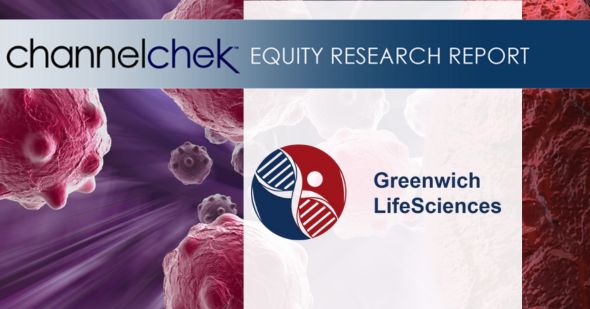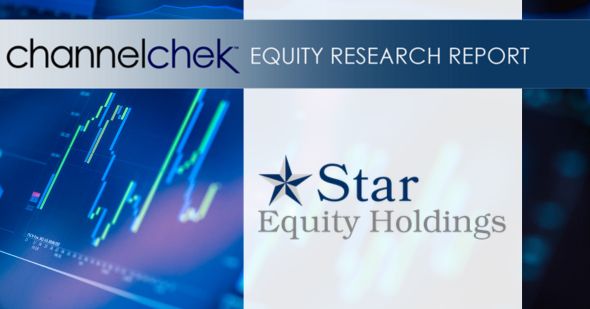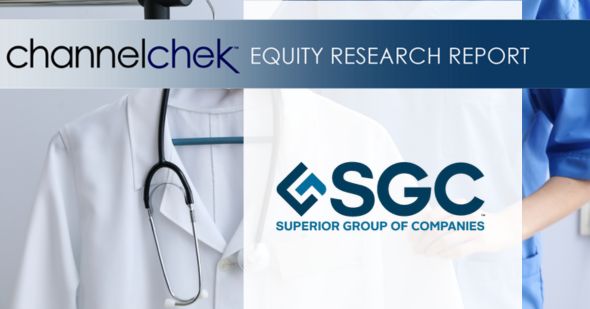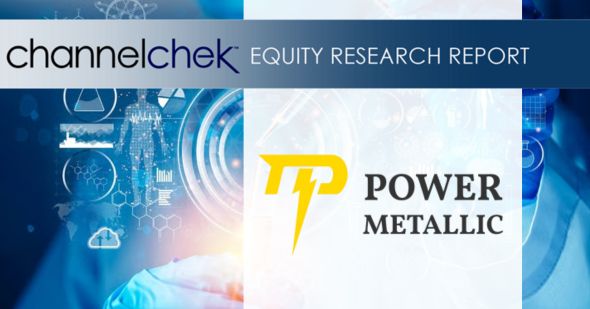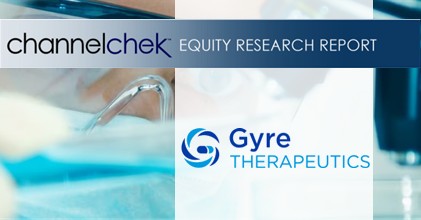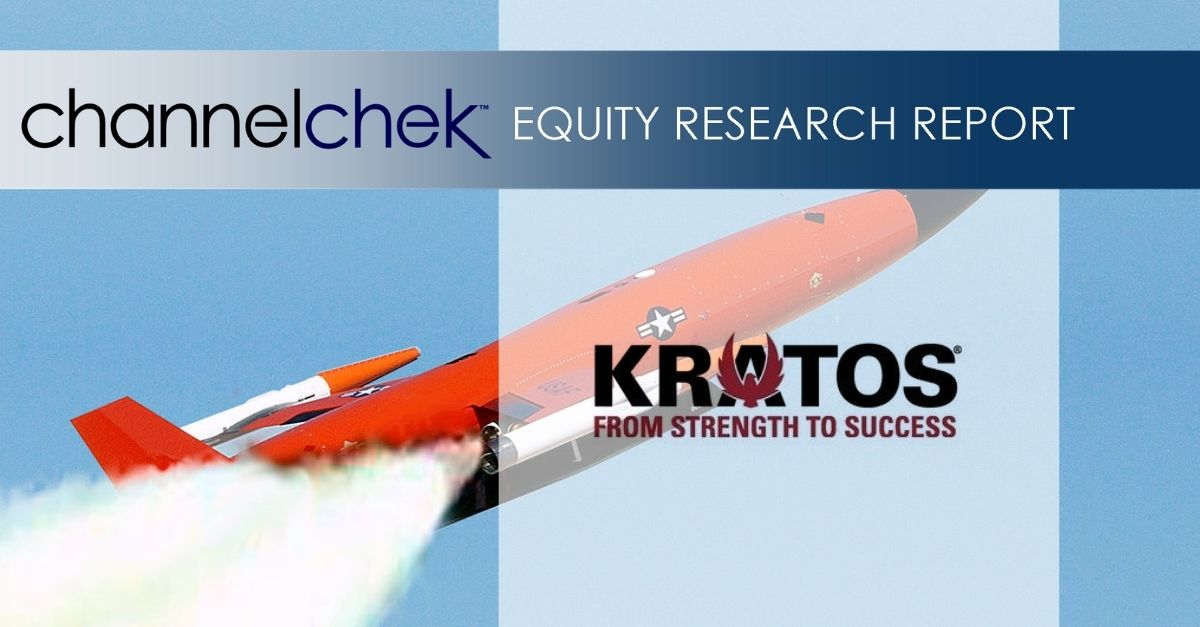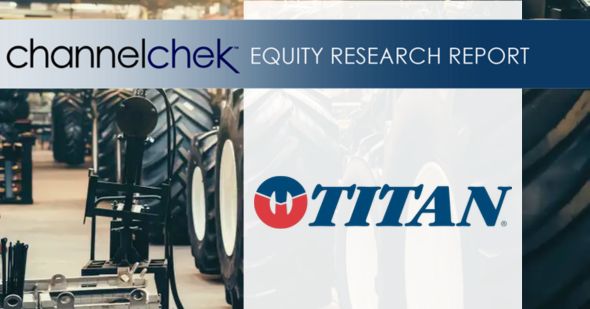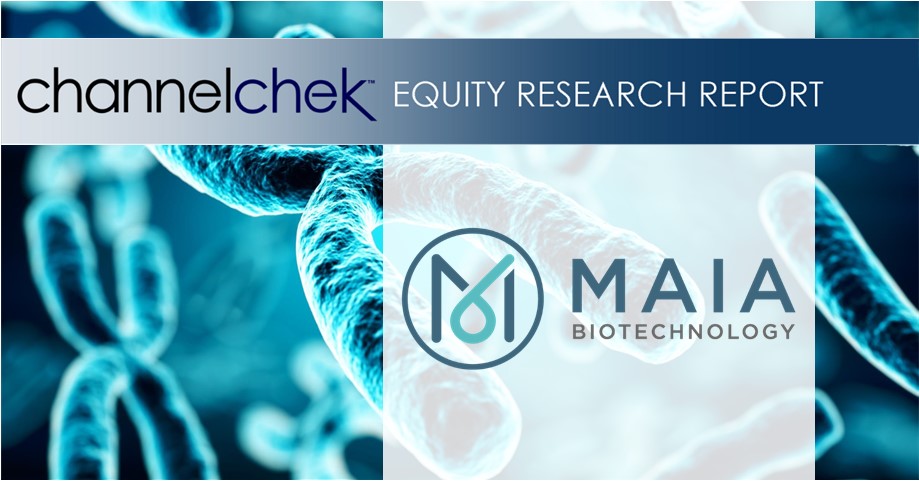Bitcoin staged a sharp rebound this week, briefly climbing above $71,000 as digital assets recovered from a global risk-off selloff tied to escalating conflict in the Middle East. The move highlights the continued volatility—and resilience—of the world’s largest cryptocurrency as investors reassess its role in uncertain macro conditions.
The price of Bitcoin surged as much as 5.7% during Wednesday trading, reaching roughly $71,890, its highest level in nearly a month. While the rally cooled slightly during early New York trading, Bitcoin remained firmly above $71,000. Ether followed with a similar move, climbing more than 6% to around $2,090, while most major cryptocurrencies traded higher.
The rebound follows several turbulent sessions across global markets. Over the weekend, geopolitical tensions escalated after U.S. and Israeli forces carried out strikes in Iran, triggering widespread volatility across equities, commodities, and digital assets. Bitcoin dropped sharply during the initial reaction, briefly falling to about $63,000 before buyers stepped back in.
A key factor supporting the rebound has been continued demand for spot Bitcoin exchange-traded funds in the United States. According to Bloomberg data, spot Bitcoin ETFs attracted more than $680 million in combined inflows over Monday and Tuesday, suggesting institutional investors remain active participants in the asset class despite recent market stress.
For small- and middle-market investors, ETF flows remain an important signal of broader market sentiment. These investment vehicles have become one of the primary bridges connecting traditional capital markets with the crypto ecosystem. When inflows accelerate, they can amplify price momentum by channeling new institutional capital into Bitcoin.
Bitcoin’s recent performance has also revived the long-running debate over whether cryptocurrencies can function as a safe-haven asset during geopolitical crises. Crypto advocates have long positioned Bitcoin as “digital gold,” but that narrative has been inconsistent in practice.
In recent months, gold surged to record highs while Bitcoin struggled through a prolonged correction. Even after this week’s rally, Bitcoin remains roughly 40% below its October peak following a multi-month downturn.
However, over the past several days the relationship has temporarily flipped. While gold prices briefly dipped earlier this week amid shifting inflation expectations in bond markets, Bitcoin rallied nearly 9% from last Friday levels.
Some analysts believe traders may be positioning for potential monetary easing if global economic conditions deteriorate amid prolonged geopolitical conflict. Digital assets, which tend to benefit from liquidity-driven market environments, often attract speculative inflows during periods when investors anticipate easier financial conditions.
Despite the rebound, the broader backdrop remains fragile. Military exchanges between Israel and Iran have entered their fifth day, and global financial markets remain highly sensitive to additional developments. Equity volatility and shifting interest rate expectations continue to influence institutional positioning across asset classes—including crypto.
For now, Bitcoin’s recovery above $70,000 underscores the asset’s ability to rebound quickly after sharp drawdowns. But the same volatility that drives rapid rallies also leaves the market vulnerable to sudden reversals.
For investors, the latest price action serves as a reminder that Bitcoin increasingly trades within the broader macro ecosystem—responding not only to crypto-specific catalysts but also to geopolitical risk, liquidity conditions, and institutional capital flows.
As the digital asset market matures, these cross-market dynamics are likely to play an even larger role in shaping Bitcoin’s price trajectory.

